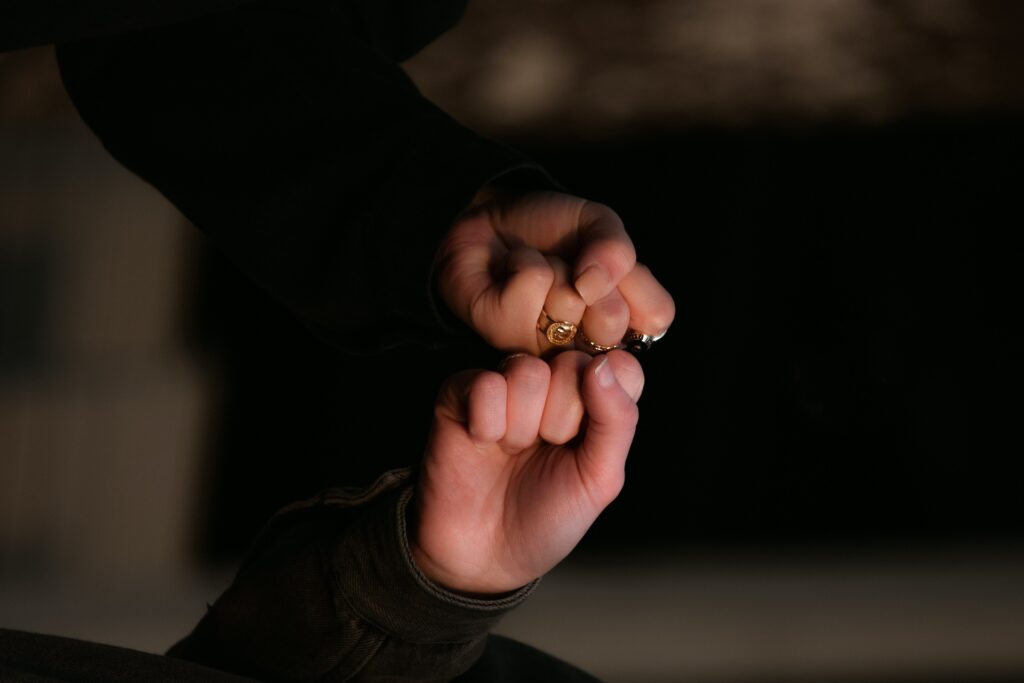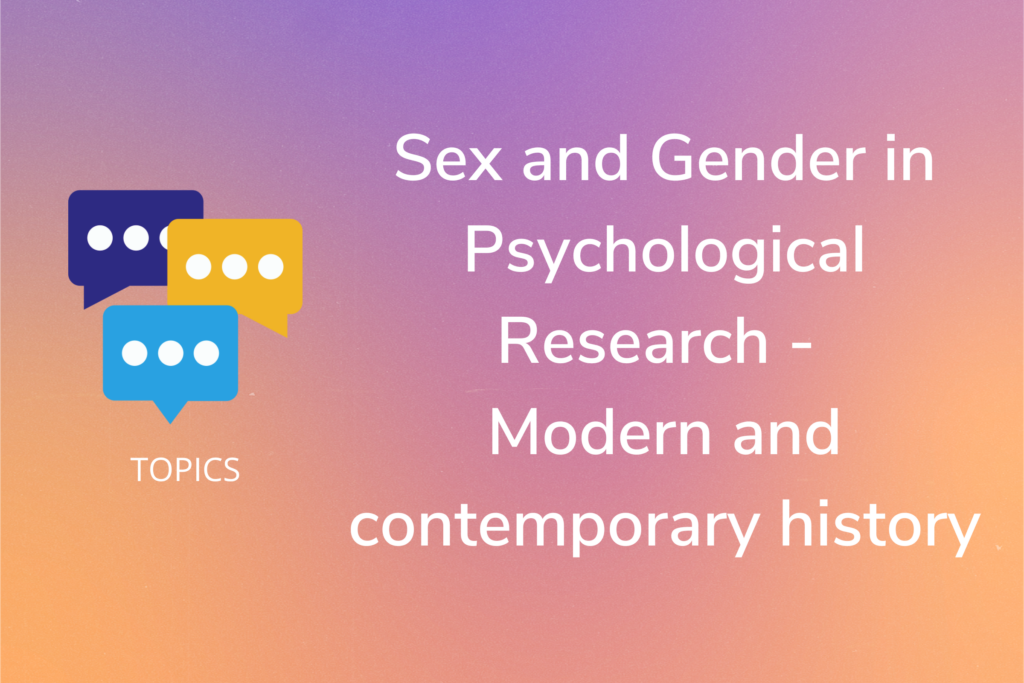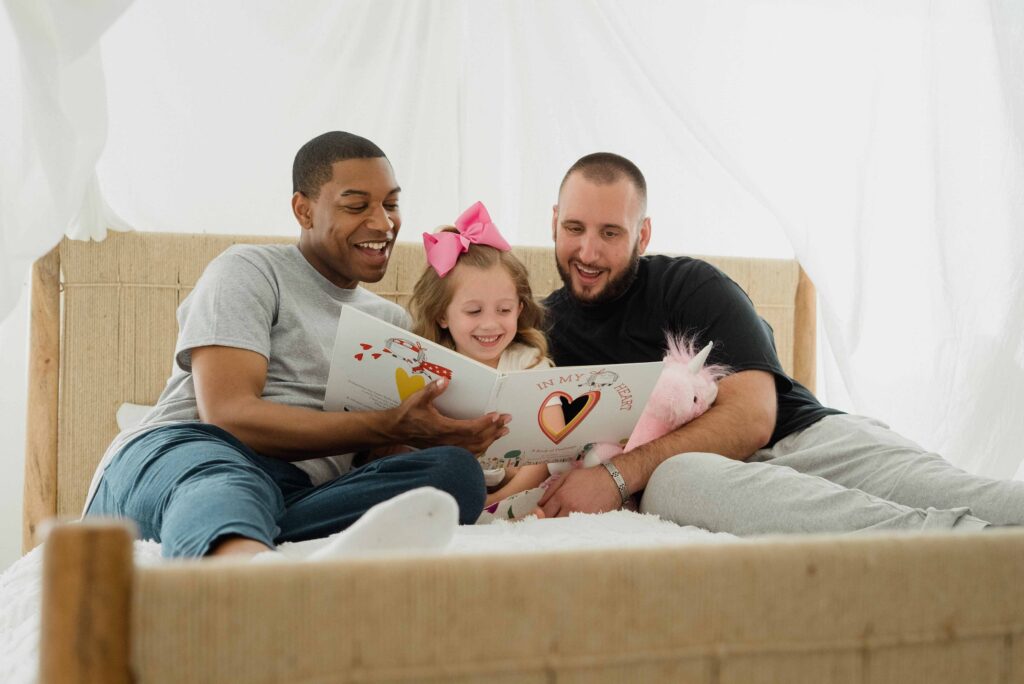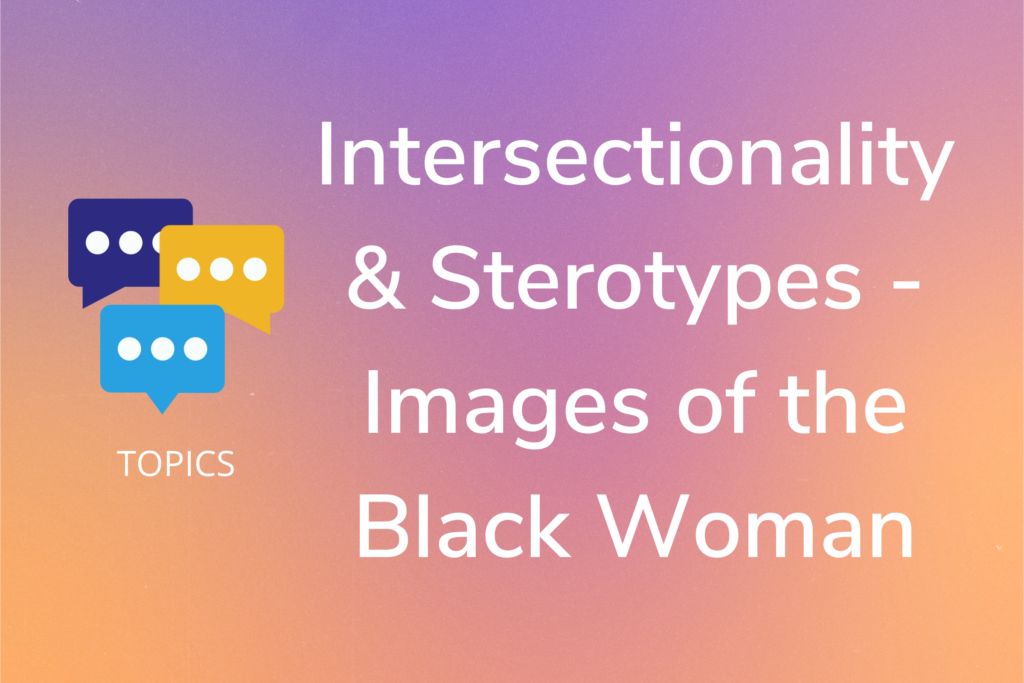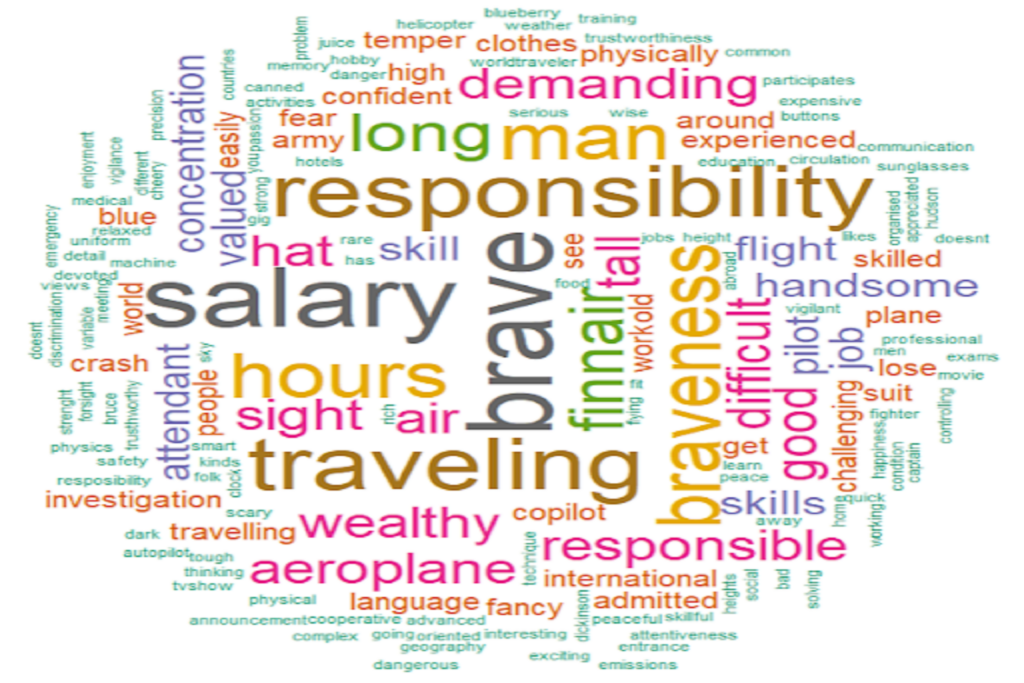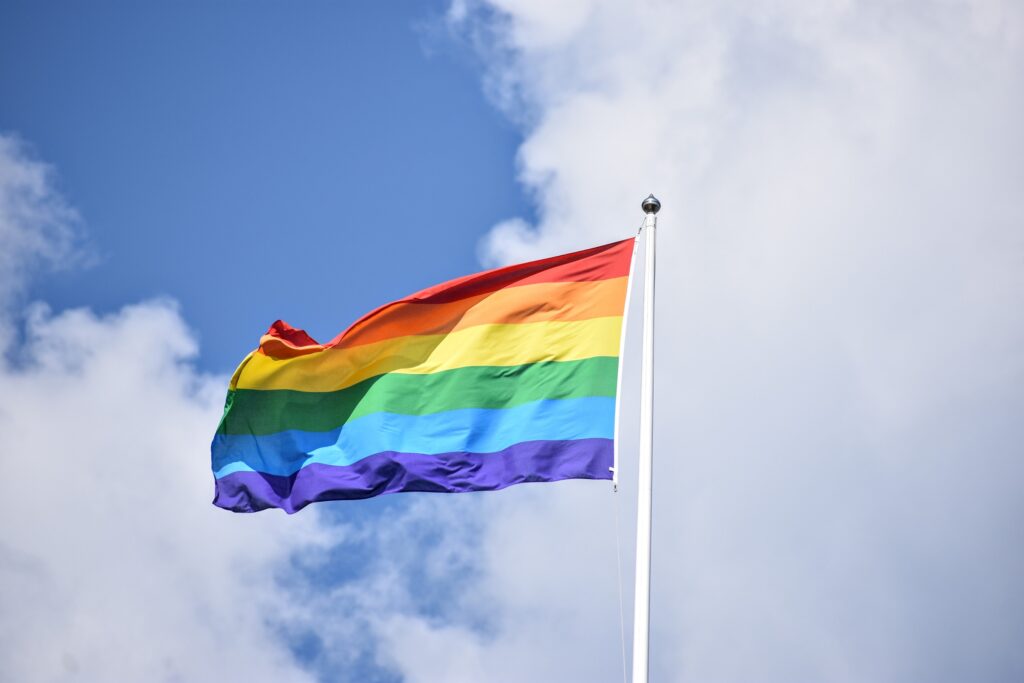Connection as the antidote to feeling like an impostor
When I began my research on the experiences on lesbian, gay, bisexual, and queer (LGBQ) people in leadership, I was full of questions. These were not only questions about how I would conduct the research, but about how I related to the work, and whether I was the right person for this project. As a bisexual woman, I questioned if I was “queer enough” to be in the position of conducting this research. I worried about how others would perceive me. I wondered about where I fit in all of this.
